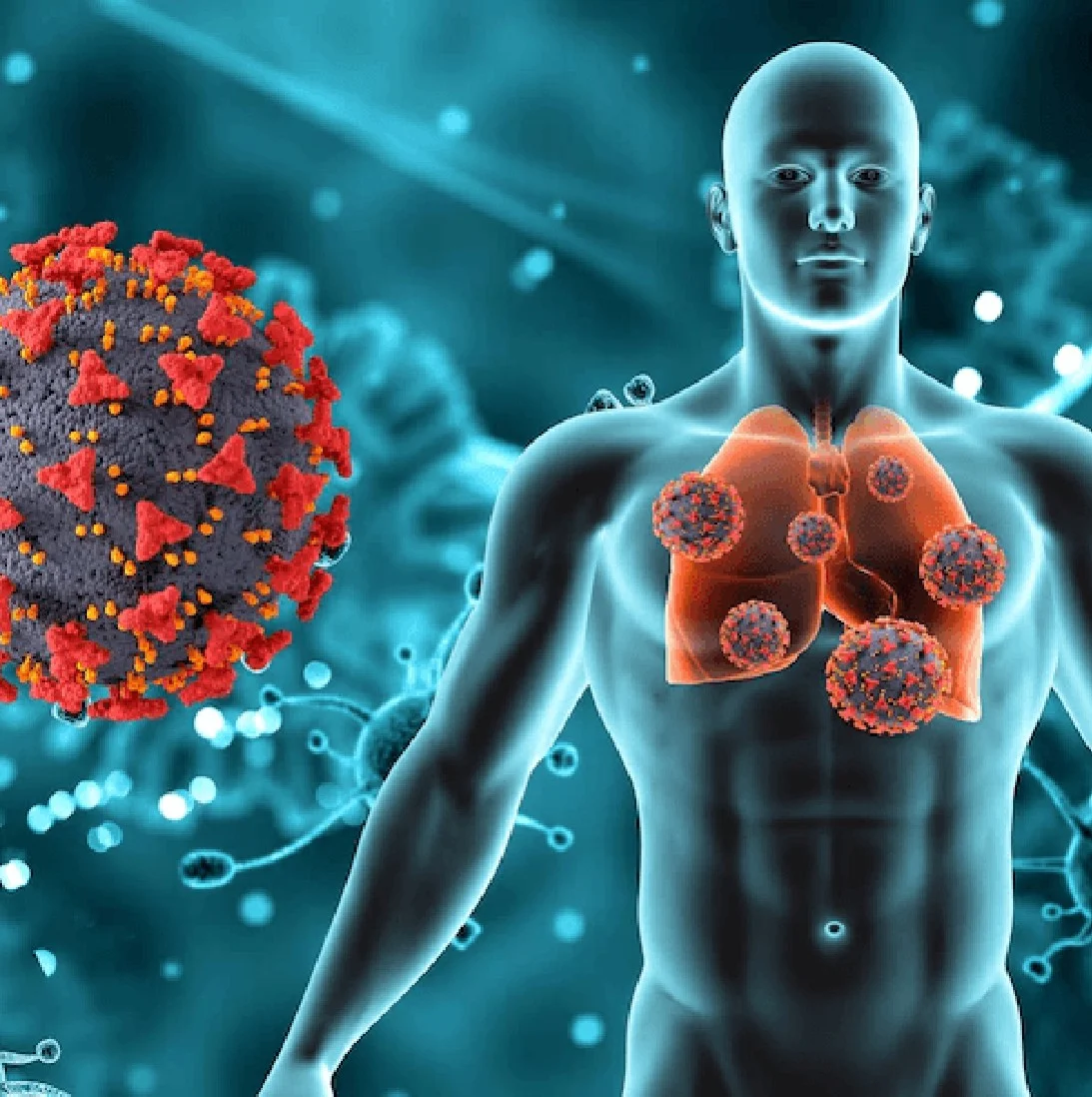
Department of Pulmonology and Respiratory Medicine
Welcome To Gangasheel Hospital
What is PTB ?
Tuberculosis (TB) is a potentially serious infection that primarily affects the lungs. The bacteria that cause tuberculosis are spread from person to person through tiny droplets released into the air by coughing and sneezing.
Tuberculosis infections, once rare in developed countries, began to increase in 1985 with the advent of HIV, the virus that causes AIDS. HIV weakens a person's immune system and makes it unable to fight tuberculosis. In the United States, tuberculosis began to decline again in 1993 due to a stricter control program. But it's still a concern.
Many strains of tuberculosis are resistant to the drugs most commonly used to treat tuberculosis. People with active tuberculosis need to take different types of drugs for months to clear the infection and prevent antibiotic resistance.
The body may harbor the bacteria that cause tuberculosis, but the immune system can usually prevent the disease from occurring.
For this reason, doctors distinguish between:
1): latent tuberculosis. Although infected with tuberculosis, the bacteria in the body are dormant and do not cause symptoms. Latent tuberculosis, also called inactive tuberculosis or tuberculosis infection, is not contagious. Treatment is important because latent tuberculosis can progress to active tuberculosis.
2): active TBs. This condition, also called tuberculosis disease, can make you sick and most often contagious to other people. It can appear weeks to years after infection with Mycobacterium tuberculosis.
Signs and symptoms of active tuberculosis include:
- Cough lasting more than 3 weeks
- Spitting up blood or mucus
- Chest pain or pain when breathing or coughing
- Unintended weight loss
- Fatigue
- Fever
- Night sweats
- Chills
- Anorexia
- Tuberculosis is caused by a bacterium that spreads from person to person through minute droplets that are released into the air. This can occur when an untreated active tuberculosis patient coughs, talks, sneezes, spit, laughs, or sings.
- Tuberculosis is contagious, but not easily transmitted. You are much more likely to catch TB from people you live with or work with than from strangers. Most people with active TB who have received adequate medical treatment for at least 2 weeks are no longer.
If you test positive for latent tuberculosis infection, your doctor may advise you to take medications to reduce your risk of active tuberculosis. Only active tuberculosis is contagious.
Tuberculosis infections and illnesses are treated with the following drugs:
- Isoniazid (Hyzyd®).
- Rifampin (Rifadin®).
- Ethambutol (Myambutol®).
- Pyrazinamide (Dinamide®).
- Rifapentine (Priftin®).
You must take all medicines prescribed by your doctor. As long as you're told, you have to take these drugs - sometimes for up to 9 months. It is very important and likely that doctors use multiple drugs to treat tuberculosis. It is very important to complete the entire recipe.
Yes, PTB treatment is available in Bareilly at Gangasheel Hospital by the team of expert Pulmonologists in the city.
